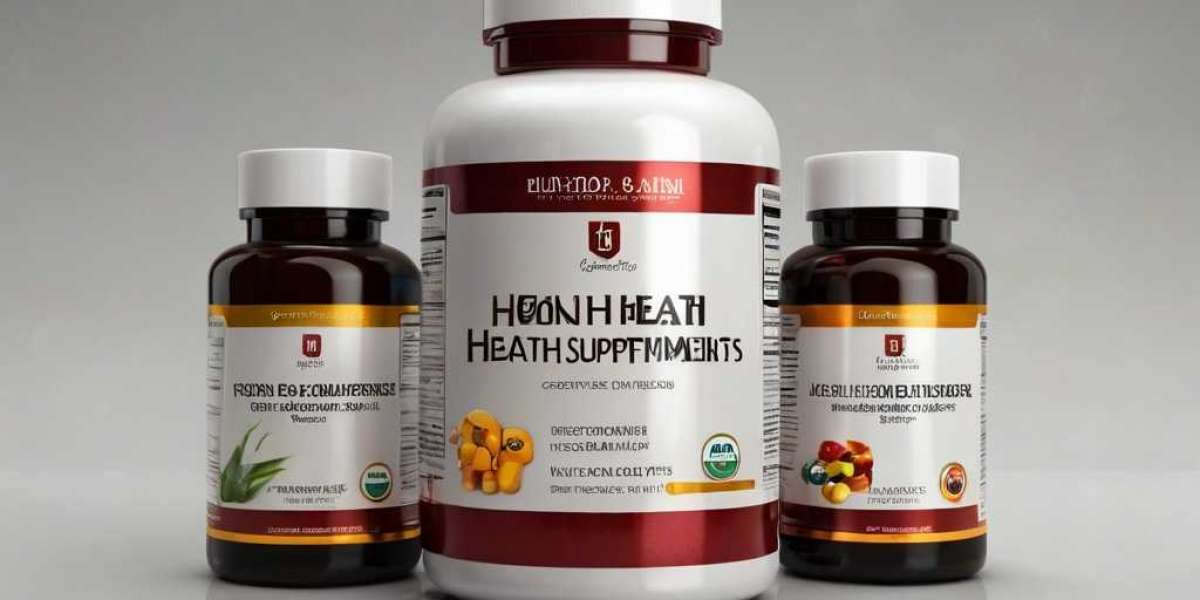Iron is an essential mineral that plays a crucial role in the human body. It is responsible for transporting oxygen and producing red blood cells, which are necessary for overall health and well-being. However, iron deficiency is a common issue, especially in certain populations such as pregnant women, young children, and individuals with certain medical conditions. In cases where diet alone cannot provide enough iron, iron supplements can be beneficial. This report will provide an overview of iron supplements, including their benefits, side effects, and recommended dosage.
Benefits of Iron Supplements
Iron supplements can help prevent and treat iron deficiency anemia, a condition characterized by low levels of red blood cells due to insufficient iron intake. Anemia can lead to fatigue, weakness, and decreased immunity, among other symptoms. Iron supplements can help increase the body's iron stores and improve overall health. Additionally, iron supplements are often recommended for pregnant women to prevent complications such as preterm birth and low birth weight. Iron is necessary for the proper development of the fetus and placenta, making supplementation crucial during pregnancy.
Side Effects of Iron Supplements
While iron supplements can be beneficial, they can also cause side effects if taken in excess. Common side effects of iron supplements include constipation, nausea, and stomach pain. In some cases, iron supplements can cause more serious side effects such as vomiting, diarrhea, and allergic reactions. It is important to consult a healthcare provider before starting an iron supplement regimen to ensure proper dosage and minimize the risk of side effects. Individuals with certain medical conditions, such as hemochromatosis or gastrointestinal disorders, should be cautious when taking iron supplements as they may exacerbate these conditions.
Recommended Dosage of Iron Supplements
The recommended dosage of iron supplements varies depending on age, gender, and medical history. For adults, the recommended daily allowance (RDA) of iron is 8-18 mg per day, depending on factors such as gender and pregnancy status. Pregnant women may require higher doses of iron to support the increased demand during pregnancy. It is important to follow the dosage instructions provided by healthcare providers or on the supplement packaging to ensure safe and effective supplementation. Taking more iron than recommended can lead to iron toxicity, which can cause serious health problems.
Types of Iron Supplements
Iron supplements are available in various forms, including ferrous sulfate, ferrous gluconate, and ferrous fumarate. Ferrous sulfate is the most common form of iron supplement and is readily absorbed by the body. Ferrous gluconate is another common form of iron supplement and is gentler on the stomach compared to ferrous sulfate. Ferrous fumarate is a highly absorbable form of iron supplement that is often recommended for individuals with iron deficiency anemia. Each type of iron supplement has its own benefits and considerations, so it is important to discuss with a healthcare provider which form is best suited for individual needs.
Conclusion
Iron supplements can be a valuable tool in preventing and treating iron deficiency, a common health issue that can have serious consequences if left untreated. By ensuring an adequate intake of iron through diet and supplementation when necessary, individuals can support overall health and well-being. It is important to consult a healthcare provider before starting an iron supplement regimen to ensure safe and View bundle offers effective use. With proper dosage and monitoring, iron supplements can help improve energy levels, support red blood cell production, and promote overall health.
susieherz6150
2 Blog posts



